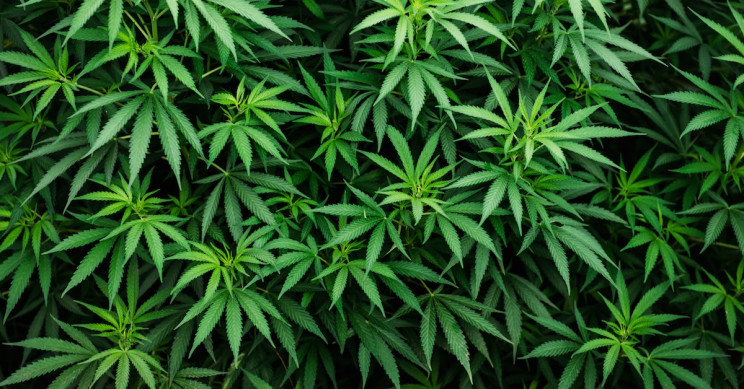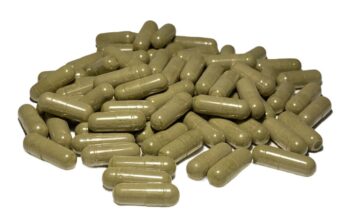Most of what we know about marijuana comes from a study of people who used it for chronic pain, but there is some compelling evidence that there are benefits to smoking the drug on a temporary basis. As an example of the effectiveness of cannabis, check out this article describing how someone treated her anxiety and depression by smoking one marijuana cigarette every day.
The research in the last few years on marijuana’s effectiveness against psychological disorders has been disappointing at best. The most thorough review to date, published in the Journal of Nervous and Mental Disease in 2007, did find that smoking pot reduced symptoms of anxiety, depression, and restlessness in participants with fibromyalgia. But the researchers concluded that the results were so mixed that more research would be needed before the benefits could be conclusively demonstrated.
Just as disappointing to me, because I was optimistic about marijuana as a treatment, is that in 2007 the National Institute on Drug Abuse responded to a Congressional request by confirming the meager scientific basis for medical marijuana in the United States. The National Institute’s spokeswoman told me at the time that “although marijuana is commonly used for medicinal purposes, the available evidence from well-designed scientific studies does not support the FDA’s current approval of marijuana for any use.”
delta 10 vs delta 8? All of that changed in 2010 with a pair of studies that showed that the cannabinoid Δ9-THC is effective at stopping the return of obsessive thoughts in people with obsessive-compulsive disorder (OCD) and enhancing the effectiveness of treatment in people with PTSD. And these studies also showed that the risk of developing PTSD-like symptoms after using the drug was similar to that of a placebo. What’s more, the amount of THC in the dosing regimen was significantly less than that in marijuana and similar to amounts used in the treatment of pain.
While a number of the participants with PTSD in those studies had severe anxiety disorders, most of the people with OCD were relatively free of anxieties, and it may be difficult to extend those findings to general populations of people with PTSD or OCD. The question of whether cannabis would be effective in treating other disorders is a different issue. In fact, a study of a cannabinoid commonly found in marijuana, known as cannabidiol, showed the substance to be highly effective at treating PTSD in people who had not experienced trauma.




